
Time really is the most valuable thing we have. It’s something that isn’t replaceable, nor can we make more of it. Once the minutes go by, that’s it. We can never have them back.
It’s for this very reason you often hear people telling you to “seize the day”. Sure, while most of us would love nothing more than to do whatever we want all day, every day, reality seldom allows us the opportunity. Jobs, education, family, and other major responsibilities keep us from the spontaneity and liberation seizing the day requires.
This is why it makes sense for us to make the most of the leisure time we actually have.
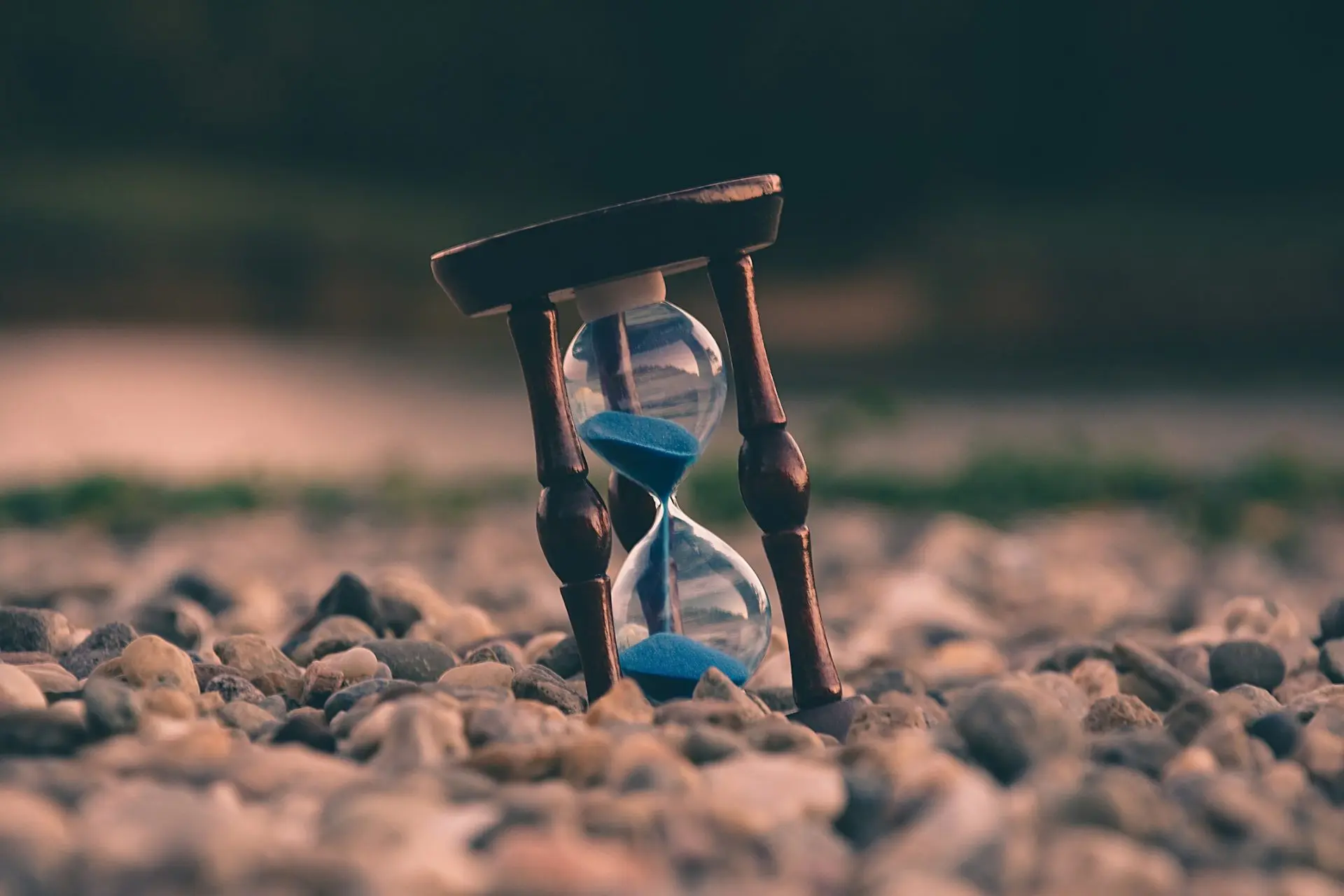
In this article, we’ll discuss the significance of leisure time management and how making the most of your free time can lead you to better productivity. We’ll also reference James Wallman’s book, Time and How to Spend It: The 7 Rules for Richer, Happier Days to consider how spending your time in certain ways can bring you closer to achieving happiness and success.
The Importance of Leisure Time
We live in a society that places a huge emphasis on efficiency and alludes to the notion that if you’re not busy doing something, it means you’re not doing enough. This is why many people feel pressured to spend more time at work to try and keep on top of things.
But living a life based on work and no play won’t leave you feeling fulfilled.
You already know our argument for idleness. How we believe that rest can play an important part in better productivity and quality of life. The same sentiment can be said for leisure time.
We’re convinced that if you spend your leisure time to its full potential, not only will you feel rested, but you will be recharged and ready for the responsibilities that lay ahead at your job.
But getting the most out of your leisure time may require some planning. That’s why managing your time should also be extended to your leisure time and not just the hours you spend at work.
Tips for Effective Leisure Time Management
While the concept of “time management” doesn’t solely refer to managing time at work, it is largely associated with it. Whenever most of us hear the term “time management” we usually think about planning and prioritizing tasks in the office. The idea of leisure time management is to remind you to plan, be conscious of, and place significance on your free time too.
Here are tips for better leisure time management:
1. Write it down
Writing down activities on your planner or digital task manager doesn’t just serve as a reminder to do the things you want to do, but according to research, it can actually help you to actually achieve them.
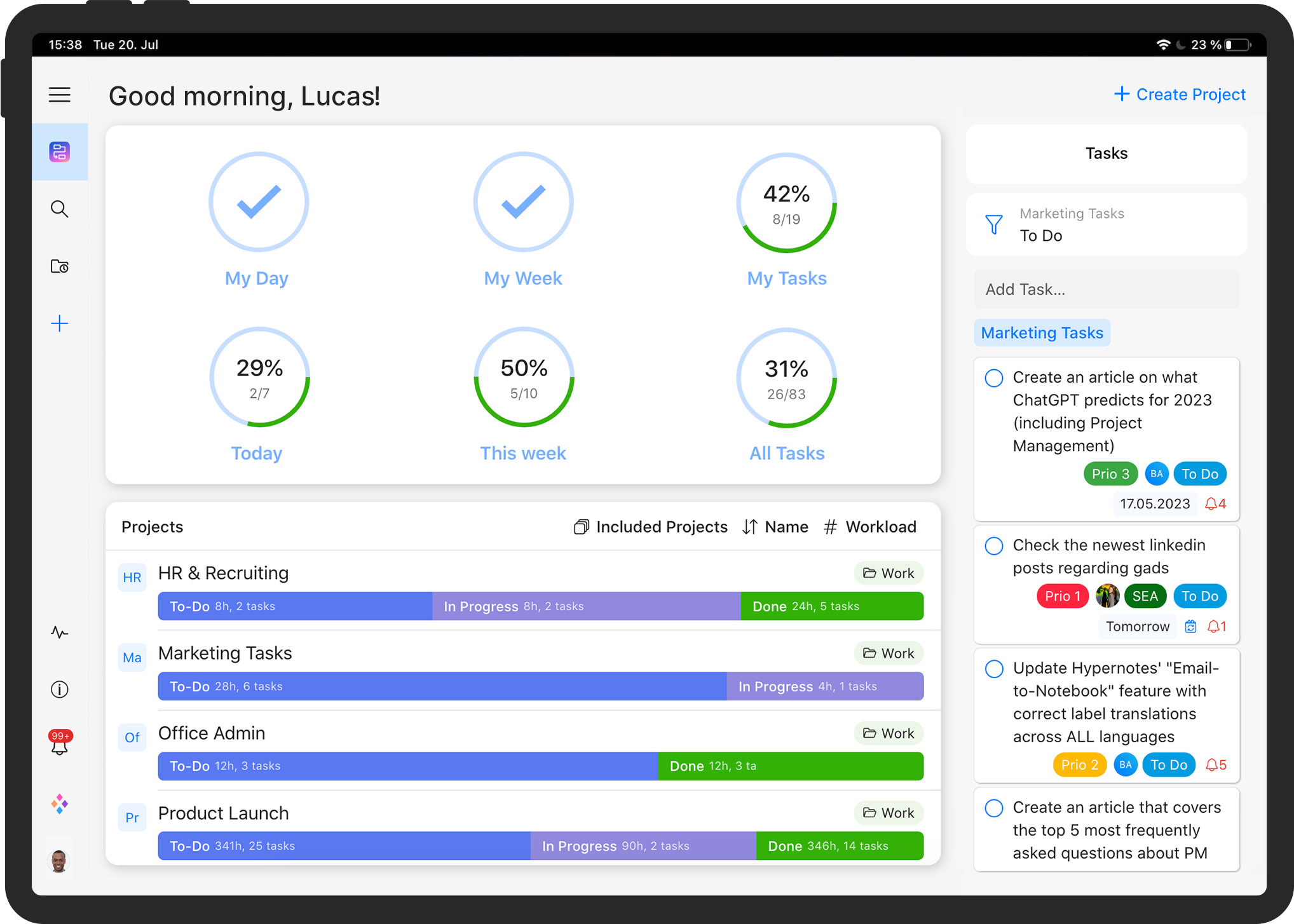
Write down and plan everything.
Try our all-in-one project management software for free now!
2. Learn to say “no”
You wouldn’t say yes to the tasks at work that would weigh you down and waste your time, so the same should be applied to the activities you want to do during your leisure time.
3. Focus on the task at hand
Even if you’re the world’s best multi-tasker, to enjoy what you’re doing and to truly “live in the moment”, you want to focus all your attention on one task at a time.
4. Look after yourself
It’s no secret that eating healthy and regular exercise can do wonders for your body, but it can also benefit your mind as it enables you to think clearer and focus better.

There are other ways to ensure efficient leisure time management. For instance, you could implement a framework to determine the kind of activities you undertake during your leisure time. A framework such as James Wallman’s STORIES checklist can really help pinpoint what it is you want to do.
Time and How to Spend It
The research shows that if you spend your time in certain ways, you’re more likely to be achieve the three things most of us want: happiness, resilience, and success. This is not only about how you spend your leisure time but how you spend all of your time.
James Wallman is a Futurist, keynote speaker, and bestselling author. His book Time and How to Spend It: The 7 Rules for Richer, Happier Days explains how positive experiences can result in enduring, sustainable happiness. It talks about the issue many of us face of feeling like we have too little time and offers a checklist that the reader can use as a framework for selecting activities that lead to a happier and more successful life.
This said checklist is what Wallman calls a STORIES checklist. It stands for Story, Transformation, Outside & Offline, Relationships, Intensity, Extraordinary, and Status & Significance. Each of these can help you figure out which experiences are worthwhile and can add to your personal development. They can also ensure you avoid experiences that are empty and add no value.
A Breakdown of James Wallman’s STORIES Checklist
When you’re trying to determine whether an activity is worth doing, your first step is to ask yourself, “Will it add to my story?” A valuable and worthwhile experience is something that will add to your story.
The next item on the checklist is Transformation. If an experience isn’t going to change you, then how can you further your personal development? Evolving takes you one step further to leading a more fulfilling life.
Outside & Offline speaks for itself. In order to evolve, the kind of activities you should aim for are ones that occur outside in nature and away from your phone or computer.
Connecting with people and developing relationships is an important part of sustainable happiness. Studies have shown that loneliness is deadlier than smoking 15 cigarettes a day.
Doing things that are challenging and worthwhile will get you into a “flow”. This is what the fifth item on the checklist, Intensity, is about.
Activities with “peak experiences” will be more Extraordinary. Peak experiences refer to instances that follow the peak-end rule, which is when no matter how irritating an experience is, if there is a peak, then you are likely to remember it as a good experience and forget about the annoying parts.
Your Status in life can play a significant part in how much happiness you feel. Status comes from education and accumulating wealth, as both open the doors for better opportunities, social participation, and improved capabilities. So, aim for activities that add to your education and wealth accumulation.

Final Thoughts
When it comes to making the most out of your free time, everyone is different. The topic itself is subjective and we’re fully aware that everyone will have a different desire for the activities they want to do and the things they want to achieve.
By providing you with tips for efficient leisure time management and sharing James Wallman’s STORIES checklist, we hope to bring light to the importance of ensuring you actually take time off from work, school, or any other major responsibilities and spend it to its fullest. Doing so can help you towards better productivity, happiness, and success.
What’s your favourite way to spend your free time?
Cheers,
Dinnie and the Zenkit Team

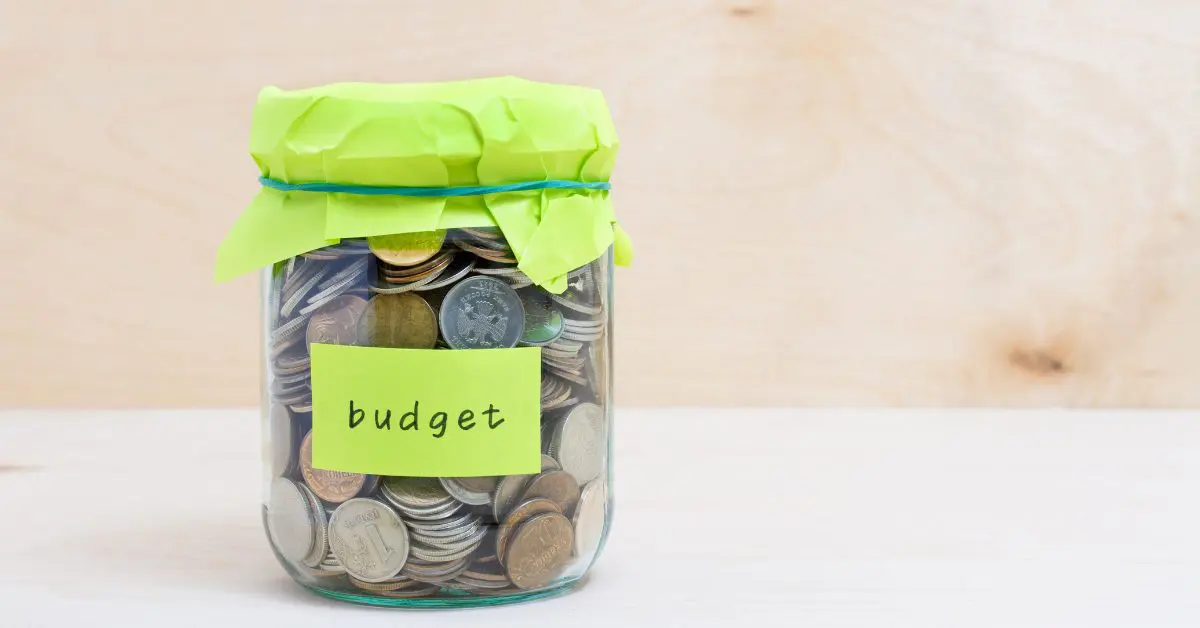

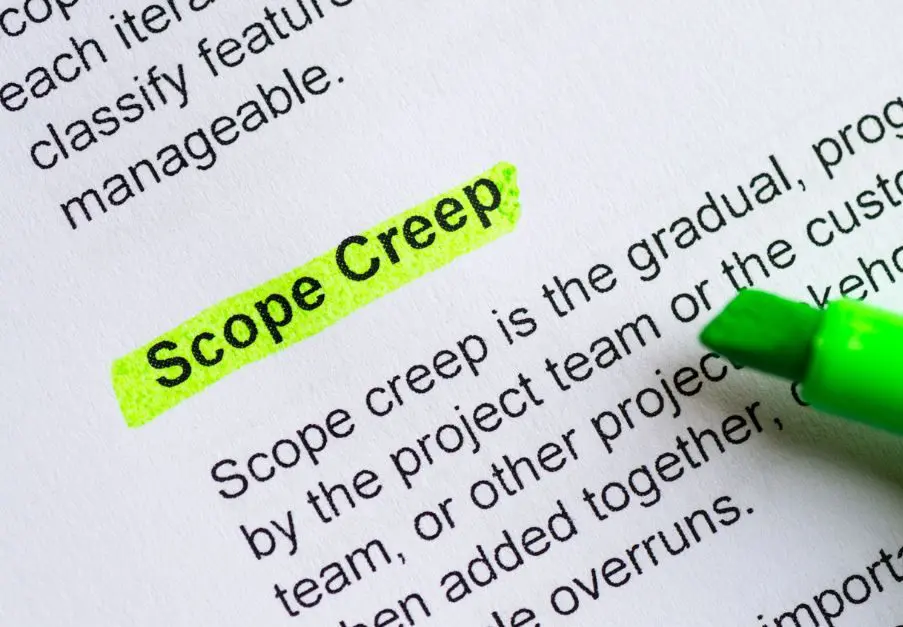
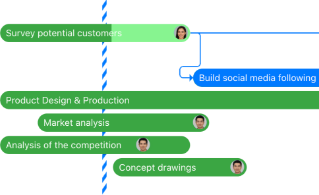
Leave a Reply